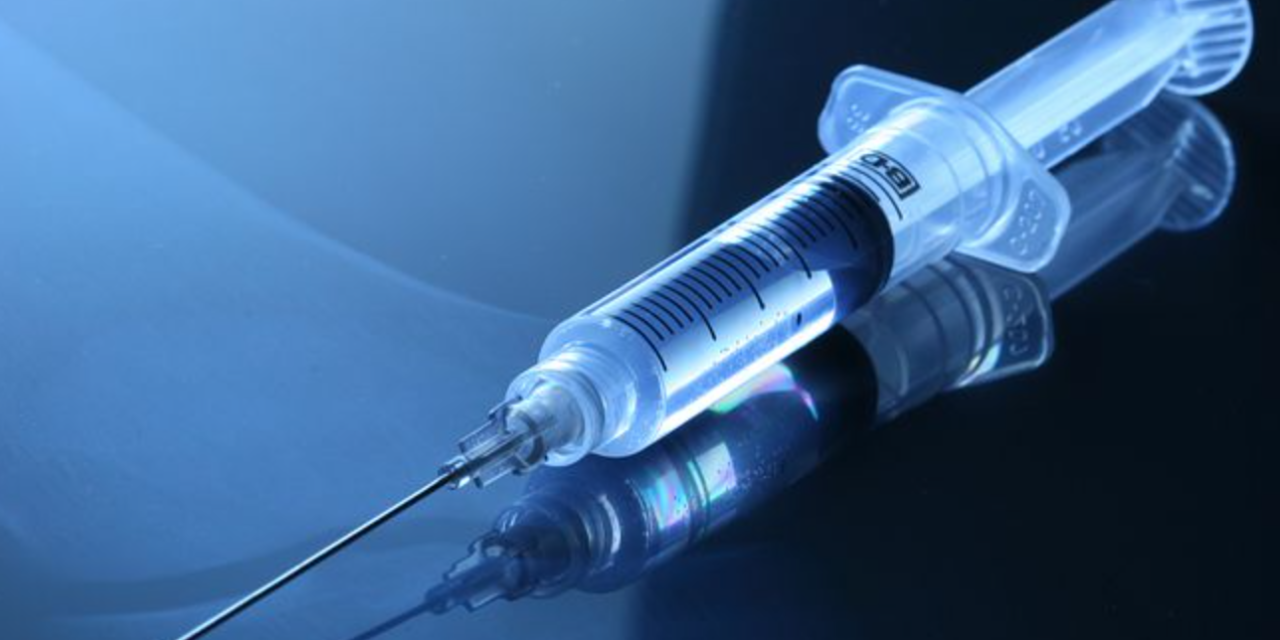Giving out syringes to drug users might seem like a counterintuitive way to address the drug problem in Guilford County and North Carolina.
However, it’s one part of a larger strategy as health officials attempt to mitigate the harm of the huge addiction problem locally and elsewhere. This week, the North Carolina Department of Health and Human Services (NCDHHS) issued a report on the progress made by syringe access programs across the state.
The department’s “2020-2021 North Carolina Safer Syringe Initiative Annual Report” found that providing clean syringes to addicts helps programs serve more users – and likely saves lives.
As part of the program available in Guilford County and elsewhere, drug users are provided clean needles to reduce the chances of infection and transmitting diseases. It’s also meant to establish a relationship with users so they can be encouraged to get help.
The practice is endorsed by the US Centers for Disease Control and Prevention (CDC), which states that 30 years of research has shown that the programs are “safe, effective, and cost-saving, do not increase illegal drug use or crime, and play an important role in reducing the transmission of viral hepatitis, HIV and other infections.”
One such service is provided by Guilford County Solution to the Opioid Problem – also known as “GCSTOP” – which, along with syringes, provide naloxone kits that help prevent deaths from overdoses.
The newly released report found that in North Carolina, the programs “reduce overdose deaths, reduce transmission of diseases including HIV and Hepatitis C, and connect participants to treatment and care.” It adds: “SSPs [Syringe Support Programs] provide a variety of social and health services for people with substance use disorder, often serving as the primary avenue to meet their health needs. SSPs have been at the frontlines of addressing the intersecting epidemics of overdose and infectious disease by scaling up their naloxone distribution, expanding the reach and scope of their programs and helping participants access COVID-19 testing and vaccinations.”
In the period from April 2020 to March 2021, according to state health officials, there were 42 registered syringe programs of this type in 83 counties – as well as one that serviced a federally recognized tribe in North Carolina.
Overall, programs received reports of 12,392 overdoses that were reversed with naloxone. That’s an increase of more than 43 percent from the previous year.
According to the report, these programs also:
- Served more than 26,500 people (an increase of 73 percent from the prior year)
- Provided participants a total of 1,973 referrals to treatment
- Distributed roughly 8 million sterile syringes and 89,500 kits that save lives during overdoses.
- Administered more than 3,000 HIV and Hepatitis C tests.
NCDHHS Chief Deputy Secretary for Health Kody Kinsley stated that the pandemic has made addressing the drug crisis more difficult.
“In the wake of the COVID-19 pandemic, we’ve lost ground in our fight against opioids,” Kinsley stated. “Focusing on interventions that meet people where they are and connecting them to care is key to regaining ground and saving lives.”
The new report also states that preliminary data from the CDC shows that, between April 2020 and April 2021, overdose deaths in the U.S. surpassed 100,000, which was a 28.5 percent increase from the previous year.


Sorry, but enabling addicts with taxpayer dollars isn’t helping them. Neither is supporting able bodied welfare queens.
Not enabling, they are perfectly capable of finding syringes on their own, but sometimes that means sharing and sharing is always bad. One treatment for a person with hepatitis C may cost more than a car. Treatment of HIV is lifelong and expensive, so this is a cost effective strategy. Don’t know what this has to do with “welfare queens” but I think it shows that you have little knowledge and less compassion for the lives of people who struggle with poverty and other adverse conditions like generational substance abuse.
FINALLY, a comment with an accurate epidemiological and holistic approach to medical issues that affect society. The deliberate demonization and knee-jerk labelling of afflicted citizens as “lesser” is part of the reason a WAR is declared on everything that frightens or threatens us. You can’t jail your way out of a sociological and clinical problem, just like we can’t isolate or marginalize our way out of hatred and willful ignorance. In a land of Big Sticks, we’ve become devoid of carrots and as a result entire sections of society are starved of care, support and economic opportunity.
In Europe, drug addicts don’t die in alleyways. They have jobs, families, pay taxes and contribute productively to civic life.
It’s not always poverty or generational abuse that cause life’s problems a lot of time it’s personal choice that creates issues. Remember GOD gave humans free will so we have the ability to chose what we do in our path of life. GOD won’t cure all your ills but he is a good start. Just remember Adam Eve and the apple.
This policy has turned CA, especially the streets and sidewalks of LA and SF into places where you have to constantly watch where you walk for fear of stepping on discarded needles as well as other drug paraphernalia and human waste and trash. Giving habitual drug users a constant remedy for overdose does not end their addiction, nor does a “war on drugs” that takes away the ability of patients who have a legitimate need for pain relief to obtain legal opioid medications from a real doctor with a real prescription to a real pharmacy. People who are addicted need longterm mental health treatment that it seems no one wants to pay for, and they need to commit to the treatment which few are willing to give their free consent. This is an issue of personal decision and responsibility that throwing millions of dollars at will not solve.